Everyone wishes to surf the internet without limitations, and remain relatively anonymous and safe at the same time. As we all know, using public Wi-Fi connections may be dangerous, especially when we do some private operations, for example, those connected with the bank account or professional email.
One solution to the threat of being hacked when using a public network is using a VPN. This kind of connection is a great solution, as it is private and available everywhere – not only at home or within the Wi-Fi zones. How can you use a VPN safely and what are its functions?
What is a VPN?
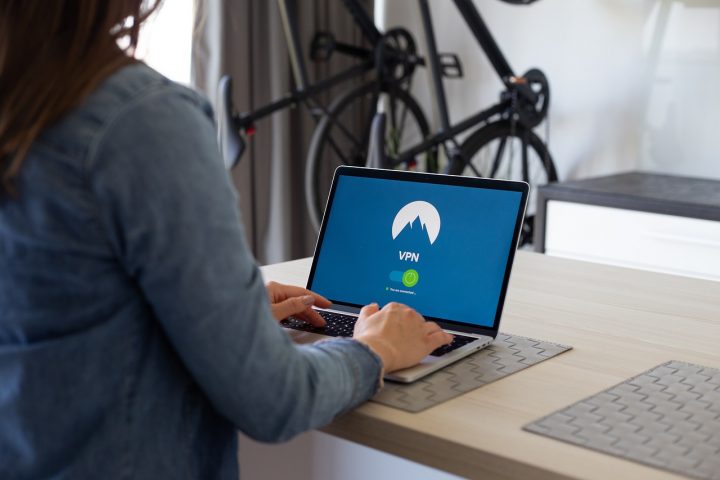 VPN stands for ‘virtual private network’ and it is a service that allows for sharing and gathering data (websites, documents, software, etc.) within the public internet, but with a private connection.
VPN stands for ‘virtual private network’ and it is a service that allows for sharing and gathering data (websites, documents, software, etc.) within the public internet, but with a private connection.
It can be used both on computers and smartphones, especially in situations when you need to access the internet, for example, for professional or business matters, but you’re not sure about the safety or quality of the public connection.
Many companies equip their employees with their own private VPN services, others need to install it themselves. If you wish to compare some types of VPNs, you can read this article.
How to get a VPN for your phone?
Before deciding to install a VPN on your smartphone, it is necessary to choose one. There are a few parameters you should keep in mind while trying to decide. You can always do some online research in order to find the best VPN app for android, or for other types of devices. Surprisingly enough, some VPNs might work better on an iPhone system, while others will work better with android.
What’s more, think if you want a free or paid VPN – there are a few differences between them:
- Ads vs no ads
Free versions are usually limited and they might not protect your privacy that well. That’s because they cooperate with various advertising brands which may collect your data. The paid version is normally free of those and therefore safer.
- Speed
For obvious reasons, the paid version of a VPN will work faster than the free one. It’s free of ads or any cluttering data, so it works smoothly and quickly. The free version is enough, however, if you’re planning to download small amounts of data, excluding videos or software.
- Help
If you use a free VPN version, you’re not likely to get any help, for example via customer service helpline or chatbox. As it is free, no help is guaranteed. A paid VPN provides this kind of service, so if you want to get some instant guidelines, it may be a good option to choose this one.
If you wish to read more comparisons between free and paid VPNs, have a look here.
Installing VPNs
Once you choose the most convenient VPN option, it’s time to download it and install it on your smartphone. In order to do it, you should first check if your chosen VPN is mobile-friendly and has got a relevant app.
Next, simply download it from the app store – remember to use only the official one, as others may not guarantee the safety or top quality. Then, it will be necessary to create an account or – in the case of paid VPN – provide the payment details.
Are VPNs legal?
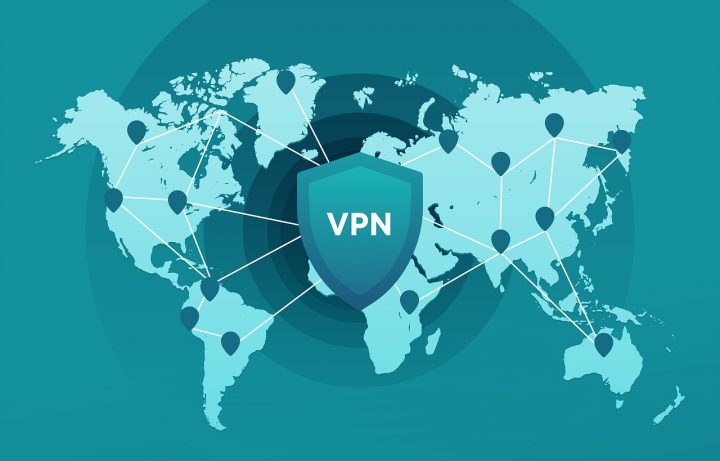 Many people have doubts if using a VPN on the phone is a legal procedure. There’s no reason to worry because the rule is simple: VPNs are completely legal. If you’re doing illegal activity, then that activity itself is illegal. For example, if you’re using a VPN to gamble in a country where gambling is completely outlawed. You might get into trouble!
Many people have doubts if using a VPN on the phone is a legal procedure. There’s no reason to worry because the rule is simple: VPNs are completely legal. If you’re doing illegal activity, then that activity itself is illegal. For example, if you’re using a VPN to gamble in a country where gambling is completely outlawed. You might get into trouble!
Of course, some services like Netflix don’t like it when you use a VPN. They have complicated contracts that pertain to what content can be viewed from which country, and if they feel like you’re accessing materials that you shouldn’t have access to, they will simply shut the service down until you turn off your VPN. This is a common practice for companies that deal with international copyrights. But it’s a corporate decision, as opposed to a lawful one.
Are there any cons of Using a VPN?
All the things about the VPN sound good. But .. are there any cons to it? Basically, it may be possible that the VPN slows down your internet connection. Another drawback may be the fact that the free version does not provide full protection, so it’s not advisable to use it for bank operations and other private issues.
Finally, you need to log in every time you use the VPN – unless you install the paid version, which has more facilities of this kind and is more user-friendly.
Conclusion
Although choosing the right VPN might be quite a challenge, with a little thought and research, it is possible to make it a useful tool that will help you on many occasions. It’s simply needed to find a reliable app and have a look at some users’ opinions beforehand. Moreover, sometimes there are free trial periods available to try out if you decide to use the paid version of the VPN app.






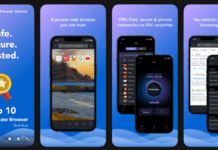
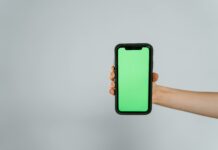



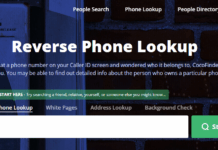






I normally use a VPN program, so when I stumbled upon this article I decided to check it out. I really appreciate your efforts and I would like to read your next post. Thanks for sharing this useful insight on VPNs.